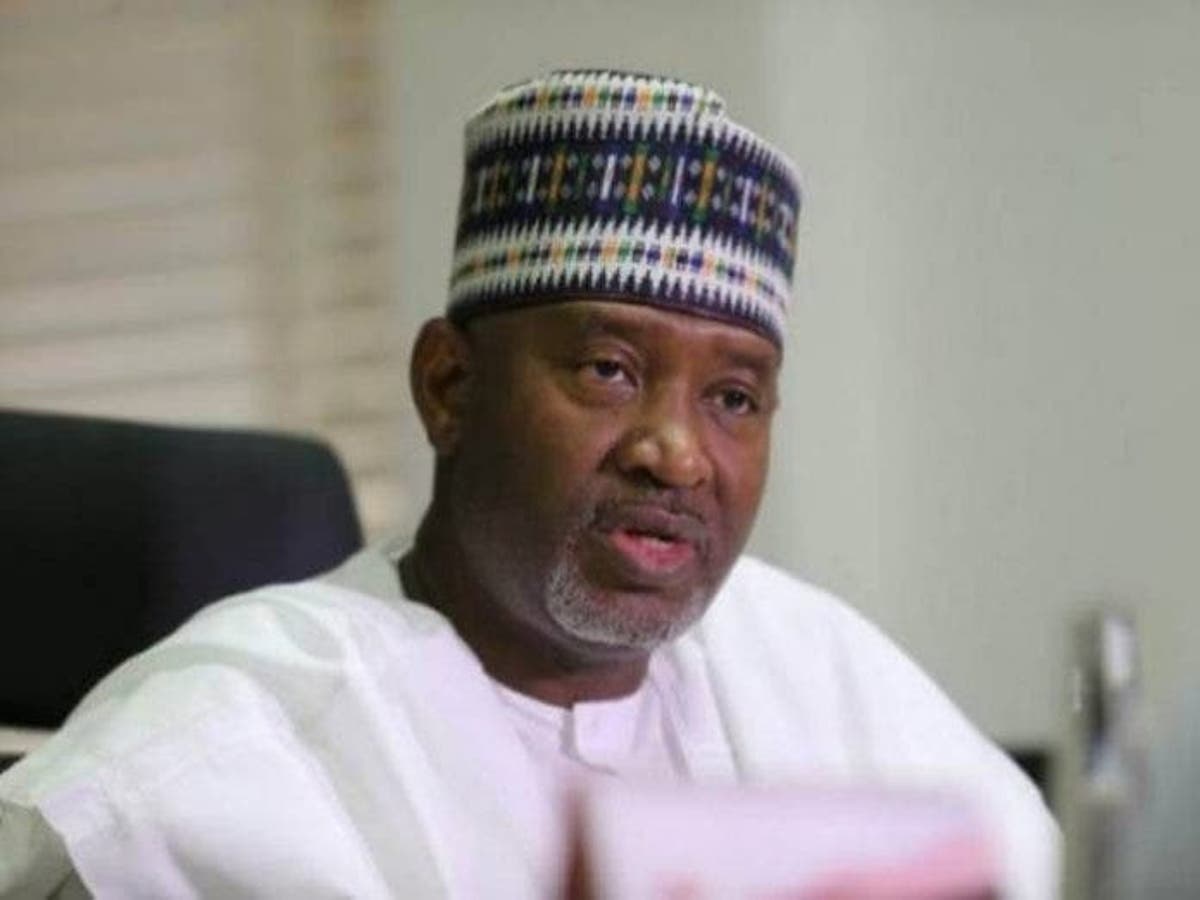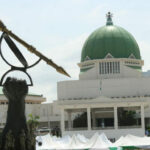There are indications that the Federal Government of Nigeria may have commenced clearing part of the $750 million (about N348.3 billion) foreign airlines’ trapped funds but the payments are said to be in ‘tiny trickles’, Daily Trust on Sunday reports.
While it was not clear how much the government has paid out of over $750 million funds trapped in Nigeria, it was learnt that the foreign airlines have already opened lower inventories for travellers and travel agencies.
Before, airlines only sold the most expensive classes of tickets, closing lower fares to passengers, making air travels extremely costly for Nigerian passengers.
But the final relief has not come yet for most travellers as checks on flight tickets showed. For instance, a one-way ticket on direct flight to London costs between N700,000 and N1.1 million. It is not significantly different on Turkish Airways despite not being a connecting flight from Lagos to London.
Also, Ethiopian Airlines quotes between 983,268 to N1m as a one-way ticket to London via Addis Ababa.
Foreign, domestic flights to shut down tomorrow
Unravelling myths around female bosses
The National Association of Nigeria Travel Agency (NANTA) confirmed that some foreign airlines have started opening up their lower inventories for sales due to the little release made available but said it is not yet encouraging for its members.
President of NANTA, Mrs. Susan Akporiaye, who disclosed this in Lagos, said since the last engagement with the media, the Minister of Aviation and the Federal Competition and Consumer Protection Commission (FCCPC), some foreign airlines have been cooperative.
According to her, payment of foreign airlines’ trapped fund is still ongoing but not in the volume expected by the airlines.
She said, “What we want is for all of them to cooperate fully for the greater good of passengers and other partners in the business.
“We want to really sit down and understand what is our portions each time we come to a crossroads like this, what is open to us. When it looks as if you are all alone, you look to the left on the government side, nothing, on your right on your partner’s side, nothing. So, when do we start?
“There is no 100 percent halt. For instance, somebody is expecting $100,000 and he is getting $10,000. It is going on in tiny trickles. When we had a meeting with the minister, he never actually told us some people were given preferential treatment, no, all of them are in the same situation, which is just in bits and pieces. The window is still open for them to do their normal two-week bidding but what comes in is very insignificant.”
Commenting on the development, President of Association of Foreign Airline Representatives in Nigeria (AFARN), Kingsley Nwokoma, said the airlines are still monitoring the situation and they would react accordingly.
“What we expect the federal government to do is: if you are paying this fund, let’s know who you are paying to. Be transparent in what we are paying. Okay, Emirates, this is what you are paying; KLM/Air France, this is what you are paying; Turkish, Qatar, this is what you are paying them, let’s know.”
Stopping operation not in foreign airlines’ interest – Bernard
Despite the present challenge of funds’ repatriation by the foreign airlines, exiting the country would not be in the best interest of anybody, the Chairman of Airlines and Passengers’ Joint Committee (APJC) of the International Air Transport Association (IATA), Bankole Bernard, has said.
He noted that despite the challenges facing the travel sector, foreign airlines operating in Nigeria realised over $1.1 billion from ticket sales in 2022; an indication that the market is still fertile and profitable for the foreign airlines.
He said the foreign airlines are making good money from Nigeria notwithstanding the trapped funds challenge.
He said in the whole of Africa, ticket sales from Nigeria are still the highest.
“The airlines have sold more. In the whole of Africa, Nigeria sales are still the highest. We have done over $1.1bn in 2022. We are doing much better than our contemporaries.
“We are a good market and a market that any airline would want to come into. Nobody will talk about the good side of this market. Nigerians are still travelling. The only thing is that travel agents are losing business to outside the country. Most of us are buying tickets from other travel agencies from around the world,” he said.
Daily Trust on Sunday reports that since last year, foreign airlines have stopped travel agents in Nigeria from issuing tickets from other countries as part of measures to reduce the trapped funds.
Unlike before when a travel agent in the country can issue tickets for the entire travel itinerary of his client, this is no longer possible except the booking would be done in dollars which makes the ticket outrageously expensive.
Many Nigerian travellers have had to by-pass the country’s travel agents from other agents in neighbouring countries.
Bernard, who is also the Group Managing Director, Finchglow Travels, decried the unpalatable situation caused by the trapped funds but expressed optimism that things would get better.
He said, “This is an unfortunate situation where I will consider certain things a misplacement of priority. We have a choice in business; if the Bilateral Air Service Agreement (BASA) says their funds as it were, once they make sales in local currency, change it to foreign currency, we should be able to fulfill that obligations because reputation damage causes a lot and it is one of the things that made airlines like Emirates and Etihad Airways to leave when we could have had more airlines coming into the market, but they don’t want their funds to be trapped.
“So, they will go to another market that is lucrative and this would not have been possible if we were doing proper dialogue.
“If you say that you do not have funds for them at official rate as it were, if you are going to make them pay for a premium, they will sell the ticket at a premium and they will be able to repatriate their funds, but you don’t give them at the official rate and they are unable to repatriate their money. That is wrong and that is being fraudulent as a nation and it is not good for our image.
“Today, the rate at which we are issuing tickets is N551 to a dollar. Is that the official rate? No, but that is the rate we are issuing tickets, which is moving closer to the black market. This means the issue of trapped funds would not have been if it had been properly managed.
“The funds became trapped because we were not ready to give them at the official rate. Why didn’t you come out all these while and tell them the rate you would give the airlines so that they can sell their tickets at particular rates as long as it is official. After all, we have multiple exchange rates.
“So, what will make this one different? Then, there will not be an issue of trapped funds and people will be able to do their business and the agony that you are putting a lot of travellers to will not be there.”
The Minister of Aviation, Senator Hadi Sirika, recently said the federal government is addressing the issue of trapped funds.

 Join Daily Trust WhatsApp Community For Quick Access To News and Happenings Around You.
Join Daily Trust WhatsApp Community For Quick Access To News and Happenings Around You.


